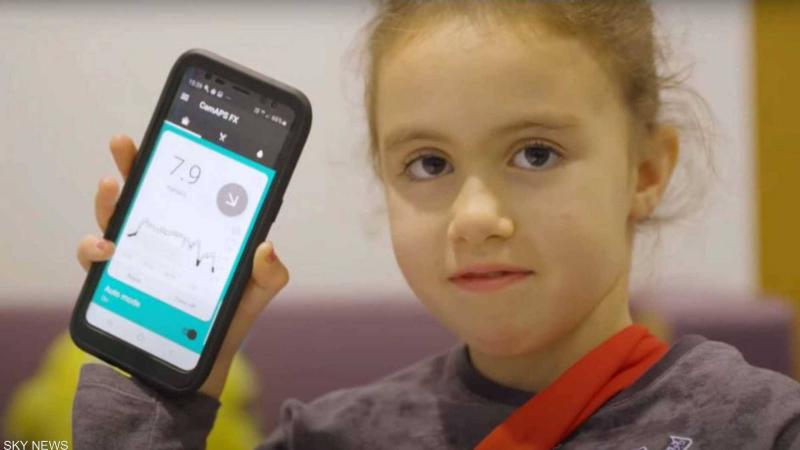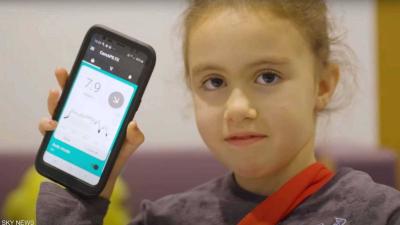Scientists at the University of Cambridge have developed an artificial pancreas device, which they say has proven capable of changing the lives of children with type 1 diabetes. They stated that the new device is the most effective at controlling blood sugar levels compared to current solutions, according to Sky News on Thursday. Details of the new device were revealed in a study published in the New England Journal of Medicine.
The application that oversees this device requires less input from parents. Professor Roman Hovorka, who oversaw the development of the application, noted that the new device, named "CamAPS FX," makes predictions about potential outcomes based on previous experiences. He added that the device will learn how much insulin a child needs daily and adjust this over different times of the day.
Moreover, the device later uses this information to adjust insulin levels to help achieve optimal blood sugar levels, indicating that, aside from meal times, the new device operates fully automatically, so parents do not need to constantly monitor their children's blood sugar levels.
Type 1 diabetes poses a special challenge for children, particularly younger ones, due to the variability in the required insulin levels and how each child responds to treatment. Compounding the situation is the nearly unpredictable nature of what they eat and their physical activities. Children are at risk of dangerously low or high blood sugar levels, which can lead to severe harm to the body and, in some cases, even death.
The new device operates as follows: there is an application on smart devices that works in conjunction with a glucose monitor and an insulin pump, all functioning together as an artificial pancreas. It automatically adjusts the amount of insulin delivered based on the information it has.




